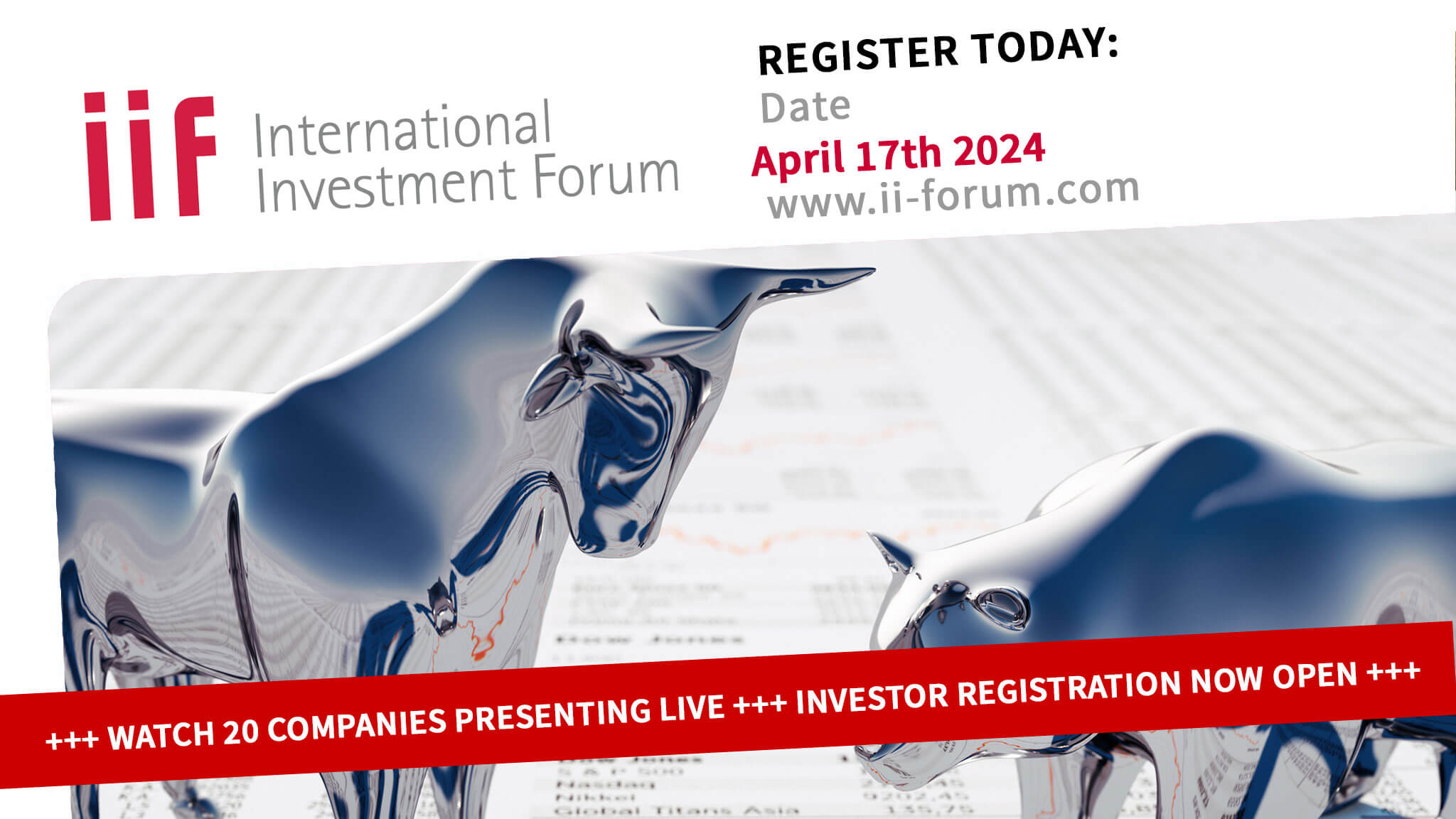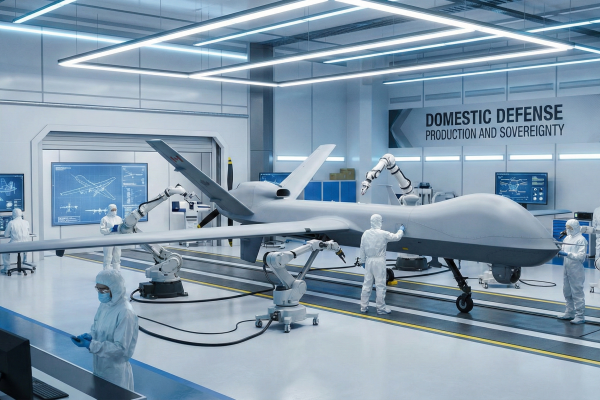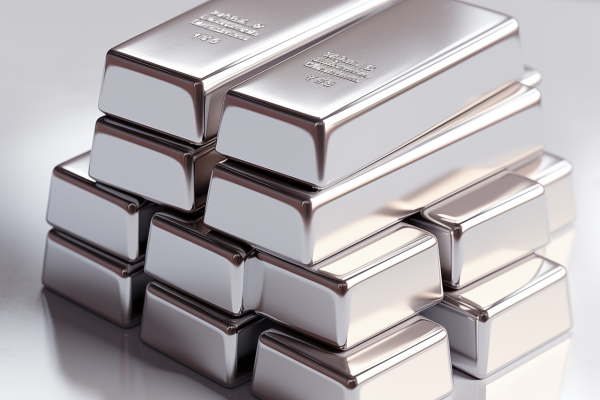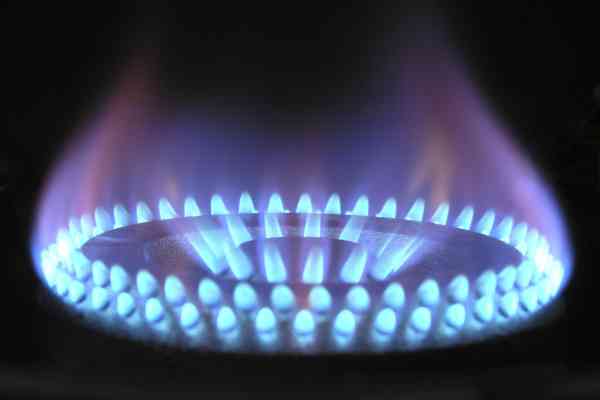April 11th, 2024 | 07:45 CEST
Innovation made in Europe: Singulus Technologies, Siemens Energy, BASF - which share offers the greatest potential?
Companies in Europe, like Singulus Technologies, are leaders in the production of surface materials in future-oriented sectors such as photovoltaics, semiconductors, medical technology and cosmetics. This is reason enough to take a closer look at Europe as a location. The European Commission is determined to push ahead with CO₂ reduction with all its might and subsidize future energies. They would prefer to lock out Chinese companies that produce solar and wind turbines more cost-effectively than Siemens Energy. However, China is also an excellent place to do business. Chemical giant BASF strategically adheres to long-term contracts, in line with the Chinese strategist Sun Tzu. Which share offers the greatest potential for investors?
time to read: 6 minutes
|
Author:
Juliane Zielonka
ISIN:
SINGULUS TECHNOL. EO 1 | DE000A1681X5 , SIEMENS ENERGY AG NA O.N. | DE000ENER6Y0 , BASF SE NA O.N. | DE000BASF111
Table of contents:
Author
Juliane Zielonka
Born in Bielefeld, she studied German, English and psychology. The emergence of the Internet in the early '90s led her from university to training in graphic design and marketing communications. After years of agency work in corporate branding, she switched to publishing and learned her editorial craft at Hubert Burda Media.
Tag cloud
Shares cloud
Innovative and efficient: Singulus Technologies increases solar cell performance
"We need to bring production back to Europe, and the Commission is ready to do everything to make this happen," announced Kadri Simon, Commissioner for Energy, at the Congress on Solid Mechanics 2022, when Russia was already launching the war of aggression against Ukraine. Simon is responsible for the implementation of the Green Deal and promotes companies in this area, including photovoltaics (PV). According to the EU Commission, at least 40% of newly installed solar technology should come from European production by 2030. EU and national funds are improving the investment conditions for photovoltaic production in Europe.
There are currently 166 companies working on PV production within the European Economic Area. Production capacities are expanding in every sector, with solar modules currently at 14.1 GW and solar cells at 2 GW.
Singulus Technologies AG is a German company that serves several sectors of the future. Based in Bavaria, the Company develops and produces innovative machines and systems for production processes in thin-film technology and surface treatment. The sectors they serve include photovoltaics, semiconductors, medical technology, packaging, glass and automotive, battery and hydrogen. Thanks to reliable production equipment, Singulus Technologies improves cell efficiency and reduces manufacturing costs in the process.
Singulus Technologies' revenue in the financial year 2023 amounted to EUR 73 million (2022: EUR 77 million), which, according to a report by NuWays Research, corresponds to a decline of 17% compared to the previous year.
Management is confident for the 2024 financial year. Sales are expected to be between EUR 120.0 million and EUR 130.0 million, while EBIT is anticipated to be in the low double-digit million range. Key success factors for this outlook are a strong order intake in the Semiconductor segment at the beginning of the year with expected follow-up orders, as well as ongoing negotiations and sales activities in the Solar segment for major projects with customers worldwide.
The Life Science segment will continue contributing to solid sales and earnings. New applications, such as the first order in the area of solid-state batteries and new products for silicon purification and hydrogen applications, support the positive outlook.
Siemens Energy and Advent Technologies: Partnership for Green Shipping
US-based Advent Technologies Holdings will work with Siemens Energy to develop a fuel cell for maritime applications. The two companies have signed a joint development agreement to develop an integrated 500 kW high-temperature proton exchange membrane (HT-PEM) fuel cell solution, initially targeting large yachts. In the near future, the application will be extended to ferries and commercial vessels. Siemens Energy is thus expanding its portfolio in its various business units.
What the EU is trying to push throughout Europe with subsidies is also attracting global competition. The Chinese cell manufacturer LONGi generates around 20% of its turnover in Europe. The Company is also planning to build a plant in Germany to produce cells and modules.
But what has been overlooked so far is competition, also in wind power. The European Commission wants to investigate conditions for the development of wind farms in Spain, Greece, France, Romania and Bulgaria, as Chinese dominance Überhand is on the rise. "We cannot afford a repeat of what happened with solar panels, be it electric vehicles, wind or key chips," explains EU Commissioner Margrethe Vestager. "The result is that today, less than 3% of solar panels installed in the EU are made in Europe," she says.
While local players such as Siemens Energy still supply most of the wind turbines on Europe's wind farms, the Company is facing a price war from Chinese products with lower costs. This is jeopardizing its position in the global race to develop more efficient and cheaper turbines. According to the research service BloombergNEF, the prices of Chinese turbines are around 20% lower than those of US and European products. According to customs data, the EU imported around EUR 1.3 billion of turbines and components from China last year.
"China is very concerned about the discriminatory measures taken by the European Union against Chinese companies and even industries," Chinese Foreign Minister Mao Ning told Reuters, stressing that the EU should abide by the rules of the World Trade Organization and market principles.
So, is Europe too costly as a production location? A look at the continent's energy supply provides investors with some insight: over the past two years, Europe has largely managed to cover its energy needs without relying on the usual pipeline supplies from Russia. Storage facilities are full, and the infrastructure for importing liquefied natural gas is in place. **The prospects are good for Siemens Energy to expand its claims further. New energy is a booming market, and wind and solar are only part of it.

BASF shares under pressure: Environmental incident and share downgrade weigh despite China boom
"Embrace your enemies" seems to be the strategy of the German chemical company BASF. Thus BASF announces the conclusion of a 15-year supply contract with the Chinese gas company ENN Energy Holdings. According to Reuters, the fuel is intended for BASF's integrated chemical complex in Zhanjiang, located in the Chinese province of Guangdong. As part of the cooperation, ENN will construct a gas pipeline and invest in the BASF plant.
The plant will meet the region's rapidly growing demand for advanced brake fluids. The production plant, which is scheduled to be commissioned in 2025, will have an annual capacity of 46,000 tons. "The new plant will be the first fully backward-integrated methyl glycols plant in China and will serve the fast-growing brake fluid market," said Bir Darbar Mehta, Senior Vice President Petrochemicals Asia Pacific at BASF. "By utilizing our unique process technology, the plant will deliver reliable, competitive and high-quality products that meet the needs of our downstream business and customers."
**While business is being expanded in China, the Ludwigshafen-based company is attracting rather unpleasant attention in its own country. As has only just become known, around 130 kg of adipic acid and around 70 kg of hexamethylenediamine ended up in the Rhine at the weekend. Adipic acid is used in the food industry, among other things, and adipic acid and hexamethylenediamine are used as the basis for various chemical products, including engineering plastics.
The authorities have been informed, and according to the Company, there is no immediate danger to the environment. However, the exact cause of the incident is still unclear. The leakage of the products has been stopped, but the cause of the incident is still being investigated. BASF is now at the bottom of the German share index (DAX). Deutsche Bank analysts have downgraded the share from "Buy" to "Hold". The share is currently trading at EUR 53.82.
Singulus Technologies appears to offer the greatest potential for investors due to its broad product portfolio and its commitment to innovative technologies in the solar industry. The Company is actively working to improve cell efficiency and reduce manufacturing costs in order to meet the growing demand for solar energy worldwide. With a promising forecast for fiscal 2024, Singulus Technologies could be an attractive investment opportunity. Siemens Energy also stands out for the diversity of its developments in the renewable energy sector. However, the Company is under threat from its competitor China, particularly in wind turbine construction, unless the EU can regulate the market. Investing directly in China could be a solution for BASF. Deutsche Bank analysts have downgraded the Company's shares from "Buy" to "Hold". Given the latest chemical accident, the Company is attracting attention with less good news.
Conflict of interest
Pursuant to §85 of the German Securities Trading Act (WpHG), we point out that Apaton Finance GmbH as well as partners, authors or employees of Apaton Finance GmbH (hereinafter referred to as "Relevant Persons") may hold shares or other financial instruments of the aforementioned companies in the future or may bet on rising or falling prices and thus a conflict of interest may arise in the future. The Relevant Persons reserve the right to buy or sell shares or other financial instruments of the Company at any time (hereinafter each a "Transaction"). Transactions may, under certain circumstances, influence the respective price of the shares or other financial instruments of the Company.
In addition, Apaton Finance GmbH is active in the context of the preparation and publication of the reporting in paid contractual relationships.
For this reason, there is a concrete conflict of interest.
The above information on existing conflicts of interest applies to all types and forms of publication used by Apaton Finance GmbH for publications on companies.
Risk notice
Apaton Finance GmbH offers editors, agencies and companies the opportunity to publish commentaries, interviews, summaries, news and the like on news.financial. These contents are exclusively for the information of the readers and do not represent any call to action or recommendations, neither explicitly nor implicitly they are to be understood as an assurance of possible price developments. The contents do not replace individual expert investment advice and do not constitute an offer to sell the discussed share(s) or other financial instruments, nor an invitation to buy or sell such.
The content is expressly not a financial analysis, but a journalistic or advertising text. Readers or users who make investment decisions or carry out transactions on the basis of the information provided here do so entirely at their own risk. No contractual relationship is established between Apaton Finance GmbH and its readers or the users of its offers, as our information only refers to the company and not to the investment decision of the reader or user.
The acquisition of financial instruments involves high risks, which can lead to the total loss of the invested capital. The information published by Apaton Finance GmbH and its authors is based on careful research. Nevertheless, no liability is assumed for financial losses or a content-related guarantee for the topicality, correctness, appropriateness and completeness of the content provided here. Please also note our Terms of use.




